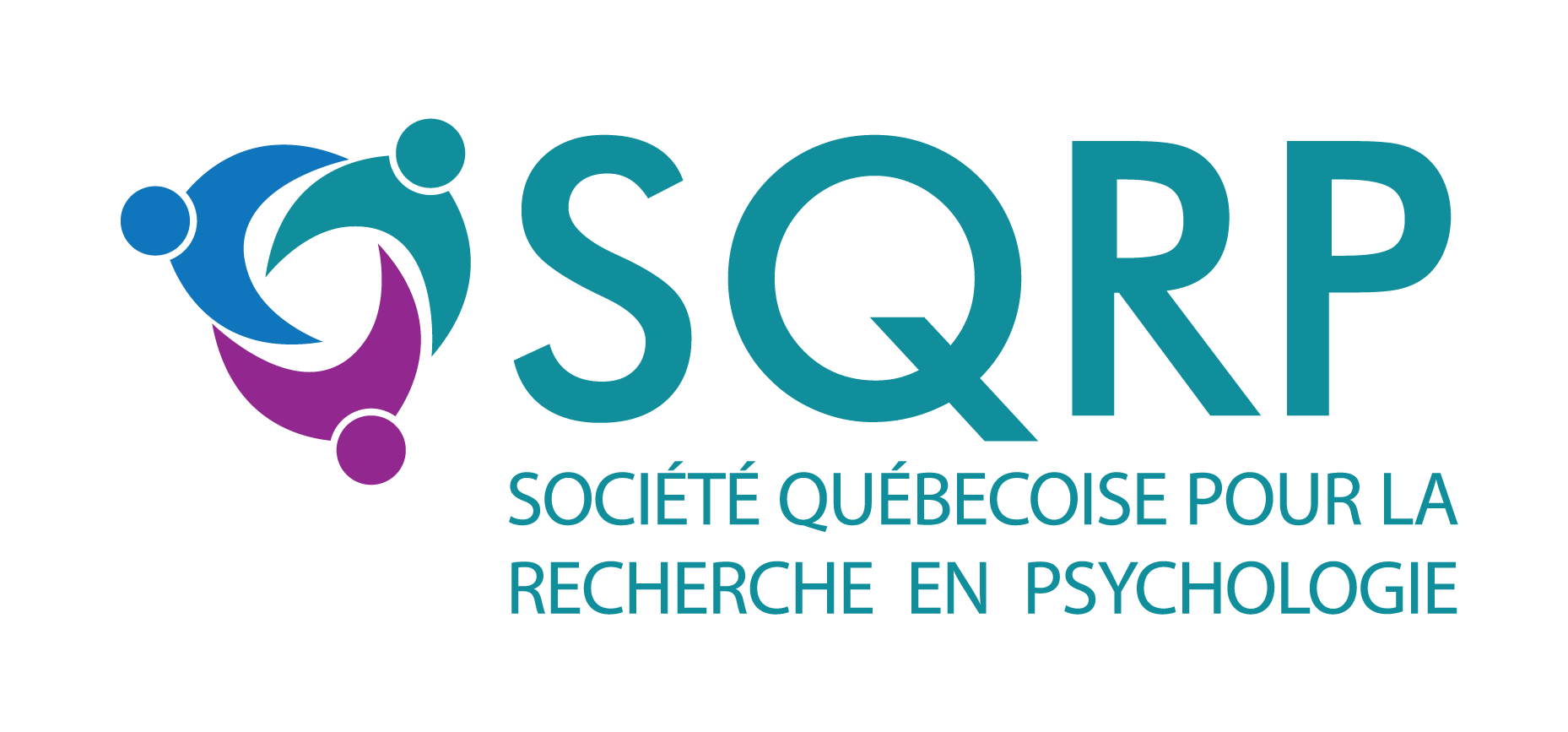Concordia University in Montreal, Canada is currently accepting applications for postdoctoral fellowships valued at $47,500 per year (plus benefits) for each of two years, in one of the following disciplines: Quantitative Psychology, Developmental Psychopathology, Developmental Psychology, Education, Biostatistics or related.
Research program title: Mitigating adversity: Emotional competence as a developmental mechanism for wellbeing in early adulthood
Supervisor(s): Dale M. Stack and Lisa A. Serbin
Reference Number: 6009
Recent Journal Publication: Stack, D.M., Serbin, L.A., Mantis, I., & Kingdon, D. (2015). Breaking the cycle of adversity in vulnerable children and families: A thirty-five year study of at-risk lower income families. As part of a Special Section: Family Dynamics. Inaugural issue of International Journal for Family Research and Policy, 1, 31-56.
Serbin, L.A., Kingdon, D., Ruttle, P.L., & Stack, D.M. (2015). The Impact of Children’s Internalizing and Externalizing Problems on Parenting: Transactional Processes and Reciprocal Change over Time. Special Section: ”The
influential child.” Development and Psycho-pathology, 27, 969-986. doi: 10.1017/ S0954579415000632
Program description: Children from disadvantaged families typically grow up to live under disadvantaged conditions with concomitant health, occupational, and family/social problems. Against these odds, some circumvent adversity. Emotional competence, including emotion regulation and other developmental skills, is a key mechanism that may mitigate adversity and optimize development and SES in at-risk populations. The Concordia Longitudinal Risk Project is offering an exceptional opportunity for a post-doctoral fellow in Quantitative or Developmental Psychology, Developmental Psychopathology, or Biostatistics to design and execute prospective longitudinal studies. Analyses may cover a 40-year time span and 3 generations. The project includes >4000 participants from lower-income backgrounds, and their parents and children (>8000). The Fellowship focus is to study: 1) how family poverty and neighbourhood disadvantage disrupt children’s development at multiple interactive levels; 2) identify mitigating mechanisms and protective factors that disrupt dysfunctional intergenerational cycles, allowing children to prosper. Data sets include questionnaires, interview-based, and intensive observations of childhood behaviour, home environment, parenting, emotional, social and academic competencies, psychopathology and other key areas, over time. Comprehensive information from government records (health, education, criminal offending, neighbourhood disadvantage) will be integrated. The complexity of intergenerational designs alongside integrating large data sets make experience with multi-level and growth modeling of longitudinal data ideal.
Academic qualifications required: Ph.D. in Quantitative Psychology, Developmental Psychopathology, Developmental Psychology, Education, Biostatistics, or related field, with expertise in analysis of longitudinal and large data sets, multi-level and growth modeling, and longitudinal research designs.
Eligibility requirements:
• Applicants must not currently hold a postdoctoral appointment at Concordia
• Priority will be given to postdoctoral fellows who have obtained their PhD from another university although in exceptional cases Concordia graduates may be considered
• Applicants must adhere to the postdoctoral fellow eligibility criteria outlined in Concordia University’s Postdoctoral Policy
Timeline and Application Process:
Application deadline: open until the position is filled
Fellowship start date: Ideally between August and October 2019, and no later than December 31, 2019
Submission process:
• Inquiries can be made to Dale Stack (Dale.Stack@Concordia.CA) or Lisa Serbin (Lisa.Serbin@Concordia.CA)
• All documents must be submitted to Niyusha Samadi at (Horizon.Postdocs@concordia.ca)
• Please include the reference number with your application
Application checklist:
One to three (1-3) page research statement demonstrating fit with the program described above
Current curriculum vitae demonstrating research excellence and a capacity for leadership in the domain (maximum 5 pages).
Two letters of reference from academic supervisors or current employers to be sent via e-mail directly to: Niyusha Samadi at (Horizon.Postdocs@concordia.ca)
Concordia University is a vibrant research and teaching environment, with state-of-the-art research facilities and many research centers. Concordia is located in Montreal, Canada, a diverse and creative city, often ranked as offering one of the best quality of living experiences in North America.
